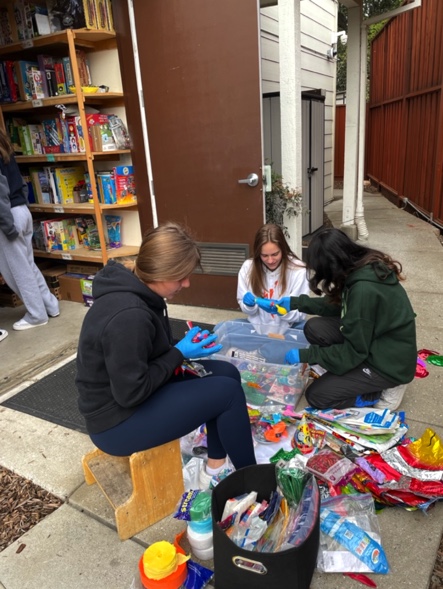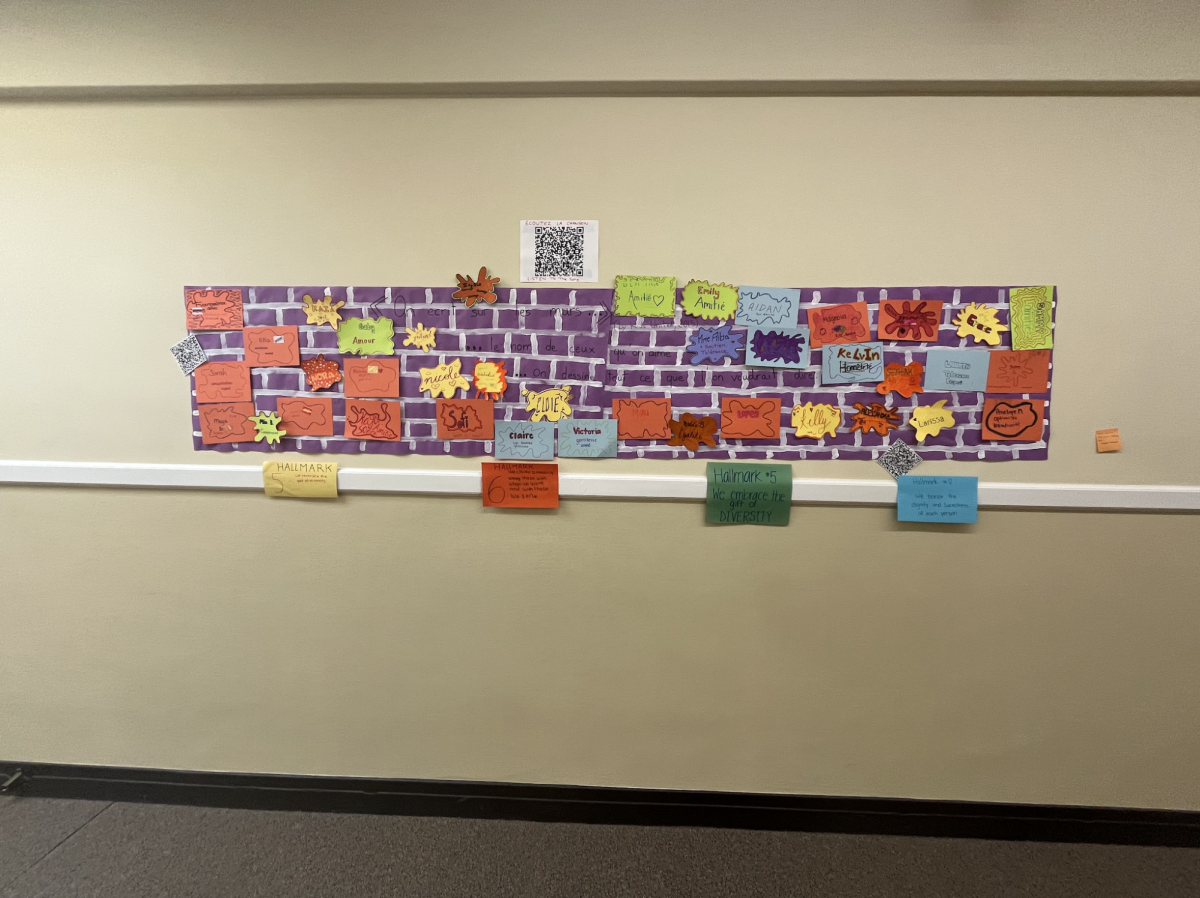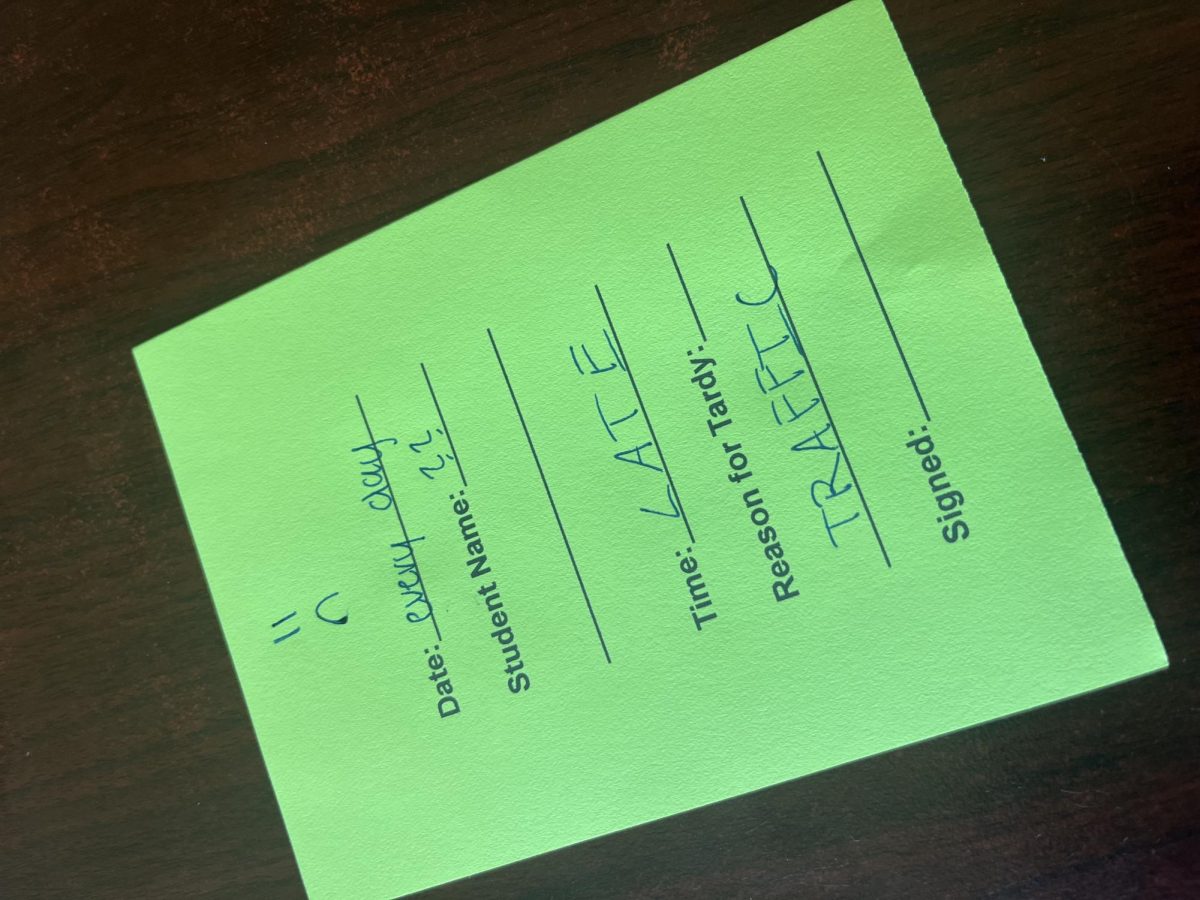
Growing up, I attended local summer basketball camps where volunteers diligently worked with my fellow campers and me in order to improve our dribbling or shooting form. By 6 p.m., even on a Friday night, they were still in their offices, planning for another fun day for campers. Until I learned they were volunteers, I always assumed that they were paid. I even asked a counselor why they chose to dedicate so much effort and time to helping children and they simply said, “One day, you will understand.”
It was not until I entered high school that I began to realize the importance of community service and why most teenagers enjoy giving back to their community. Over the summer, I volunteered as an alumna for a five day overnight leadership camp and as a seventh grade English teacher’s assistant for underprivileged middle schoolers, both opportunities affiliated with two non-profit organizations that I am extremely passionate about. During both of these programs, I had this aha moment where I understood what my basketball camp counselor had told me. The satisfaction and fulfillment from becoming a part of someone’s growth and participating in something that benefits an entire community opened my eyes to how enjoyable this experience was.
“Community service is one of those opportunities where you have a moment where you’re like, wow … everything seems much smaller and much more interconnected,” said Community Service Coordinator G Imazumi-Hegarty. “It’s important because it’s just one more tool to help bolster connection and more recognition of how we’re not just a part of this thing called community. We’re like active agents in it, and what we do matters.”
But, your experience volunteering can be determined by your mindset going into it, and encouraging ulterior motives to community service can negatively affect someone’s attitude.
Providing an incentive for community service, such as listing it as an activity on college applications or using it for a job resume, takes away that feeling of accomplishment. People become externally motivated to volunteer and they have a bad attitude when it comes to putting in any type of work. I have had experiences where people arrive late to scheduled volunteer shifts and need clarification about what to do because their earbuds are blasting music. They continuously look at their phones, waiting for the time to change by the minute, and drone on about how they are only there to be praised by others, with no genuine interest.
Using graduation requirements and national service awards as an incentive to do community service has both pros and cons. They give students who were not previously interested in volunteering some opportunities that resonate
with their own passions. This could mean giving bilingual students a way to teach their native language to elementary students or distributing food to homeless people. The issue is that they could simply be volunteering to accumulate as many hours as possible, degrading the quality of their interactions with individuals and the community impact. They lose any type of interest in contributing to their community besides the validation of receiving some sort of proof that their “work” was commended.
Participating in community service with an open-minded and positive outlook has made such a positive impact on my life. Interacting with people from diverse backgrounds has strengthened my purpose of giving back to my community. It is unfortunate that a lot of teenagers only participate in community service because it rewards them, not because they want to give back.





